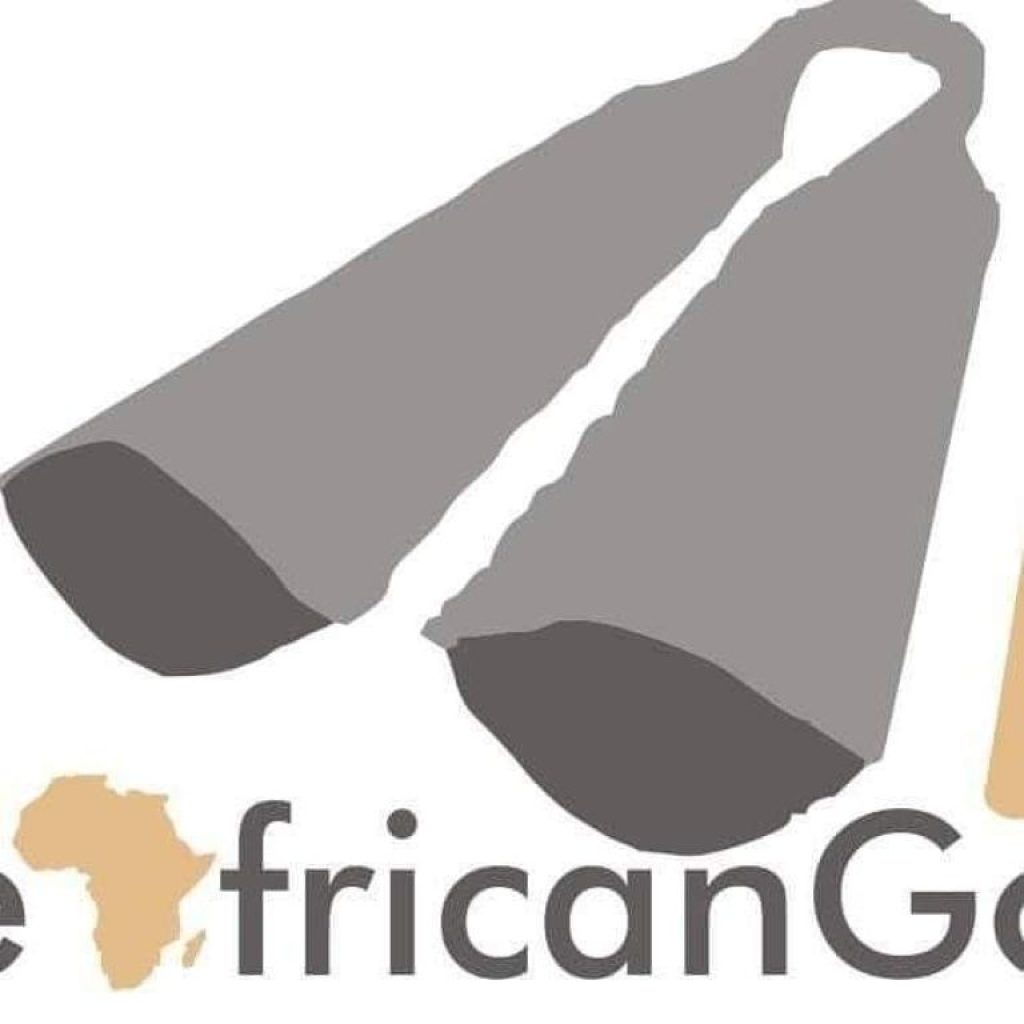
Barrister Wale Ojo-Lanre, Director General of the Ekiti State Bureau of Tourism Development, who recently attended the Ojude Oba festival in Ijebu Ode, has issued a press release highlighting the critical need for improved crowd management and organizational strategies at the globally renowned cultural event.
While commending the festival’s spectacular growth and vibrancy, Ojo-Lanre emphasized that unaddressed crowd control deficiencies could compromise public safety and diminish the festival’s esteemed reputation.
Ojo-Lanre lauded His Royal Majesty, Oba Sikiru Adetona, Ogbagba II, and the people of Ijebu Ode for their remarkable dedication to sustaining and enhancing the Ojude Oba festival, which has evolved from a local gathering into a must-attend intercontinental phenomenon.
He acknowledged the significant advancements in branding, aesthetics, and overall presentation.

However, observations from this year’s festivities revealed significant challenges.
The double-lane road leading to the Palace was transformed into a chaotic bottleneck due to haphazard parking and security convoys. Inside the pavilion, the revered Elegbes found their performance space severely constrained by encroaching crowds, and the majestic horses were visibly disturbed by the disarray.
Crucially, the absence of dedicated pathways for horse riders and visitors, and non-existent exit routes, created a dangerous free-for-all, with reports of ambulances struggling to reach sick individuals.
“These issues are not mere inconveniences; they represent a significant challenge to the festival’s continued growth and safety,” stated Barrister Ojo-Lanre. “For an event of such national and international importance, a robust and well-thought-out crowd management strategy is not just desirable, but essential.”
Drawing on global best practices, Ojo-Lanre proposed several crucial steps to elevate the Ojude Oba experience:
Dedicated Traffic Management Plan: This includes pre-designated parking zones with shuttle services, strict VIP access control with separate routes, temporary one-way systems or road closures during peak hours, and rigorous enforcement of parking regulations.
Optimized Crowd Flow within the Palace Grounds: Implementing robust, temporary walkways with barriers to define spectator areas, creating dedicated and protected pathways for horse riders, and establishing clearly marked entry and exit points are vital. Zoning and sectioning the festival grounds would also help distribute crowds.
Enhanced Information and Communication: Extensive pre-festival information dissemination through various media channels, abundant on-site multilingual signage, and a robust public address system are recommended.
Increased and Trained Personnel: A significant increase in uniformed security personnel, a large contingent of thoroughly trained volunteers, and seamless coordination with emergency services are crucial for effective crowd management and rapid incident response.

Technology Integration: The strategic placement of CCTV cameras for real-time crowd monitoring and the development of a comprehensive festival mobile application with real-time updates and emergency alerts would further enhance safety and attendee experience.
“The Ojude Oba festival is a national treasure, a vibrant testament to the rich cultural heritage of the Yoruba people,” Ojo-Lanre concluded. “Its continued success and growth depend not only on its enduring appeal but also on the unwavering commitment of its organizers to prioritize the safety and experience of every attendee.
By proactively addressing the current crowd management challenges with a comprehensive and forward-thinking approach, the Ojude Oba festival can truly reach its full potential, ensuring it remains a spectacular and enjoyable experience for generations to come, truly solidifying its place as one of Africa’s premier cultural events.”

